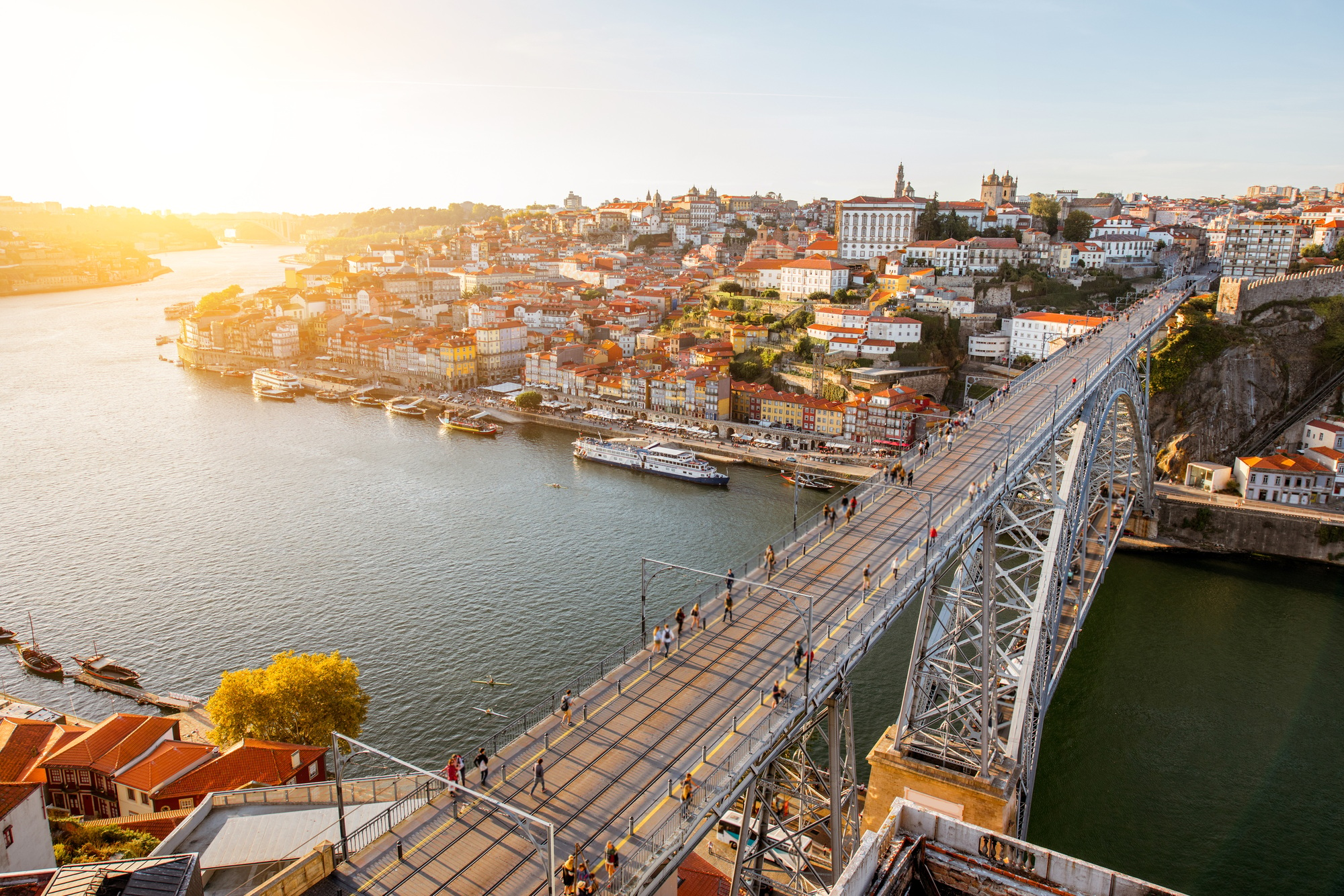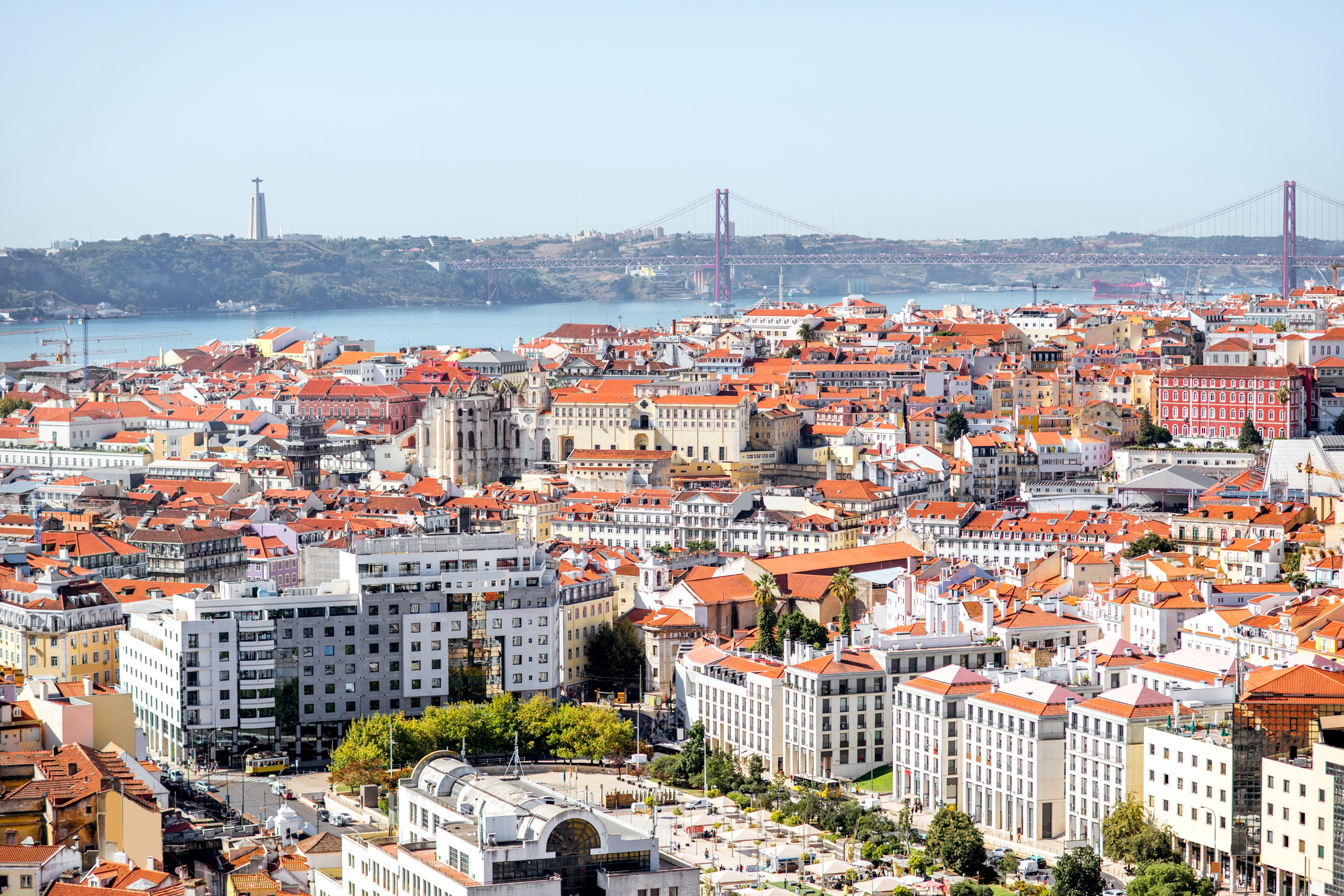Understanding the Portuguese Education System
Moving to Portugal presents a unique opportunity for Indian families, especially in terms of education. The Portuguese education system is divided into several stages, including preschool, primary, secondary, and higher education. Preschool education is available for children aged 3 to 6, and primary education starts at age 6 and lasts for nine years. Secondary education follows, lasting another three years. Understanding this structure is crucial for parents to ensure a smooth transition for their children.
The educational framework in Portugal is known for its academic rigor and emphasis on language skills. While the medium of instruction is primarily Portuguese, many schools, especially international ones, offer instruction in English or other languages. Families should familiarize themselves with the different types of schools available, including public, private, and international institutions, to make informed decisions.
Choosing the Right School
The choice of school is one of the most important decisions for families moving to Portugal. Public schools are free for residents and provide a solid education, but they operate primarily in Portuguese. For families who prefer instruction in English or other languages, international schools are an excellent option. These schools often follow British, American, or International Baccalaureate curricula and cater to expatriate communities.
When selecting a school, consider factors such as the school’s location, curriculum, extracurricular activities, and the school’s approach to diversity and inclusion. Visiting schools, meeting with teachers, and speaking with other parents can provide valuable insights into the school environment and help families make the best choice for their children.
Language and Cultural Transition
Language can be a significant barrier for Indian families moving to Portugal. While many schools offer language support, it’s beneficial for children to start learning Portuguese as early as possible. Enrolling them in language classes or utilizing online resources can help them gain confidence and ease their integration into local schools.
Cultural adaptation is equally important. Encouraging children to participate in local activities, community events, and sports can help them make friends and feel more connected to their new environment. Additionally, understanding Portuguese customs and traditions can foster a sense of belonging and ease the transition.
Involvement in the School Community
Being active in the school community can greatly enhance the experience for both parents and children. Many schools in Portugal encourage parental involvement through committees, volunteer opportunities, and school events. Engaging with other parents can provide support, facilitate friendships, and help families navigate the local education landscape.
Additionally, attending parent-teacher meetings and school functions can help parents stay informed about their child’s progress and establish a rapport with educators. This involvement not only benefits the children but also helps parents feel more integrated into the community.
Understanding the Academic Calendar
The academic year in Portugal typically runs from mid-September to June, with breaks in December, February, and for the summer holidays. Familiarizing your family with the academic calendar is essential for planning vacations, extracurricular activities, and other commitments.
Keep in mind that during school holidays, local schools may offer summer camps or enrichment programs that can be beneficial for children. These programs often focus on language skills, sports, and cultural activities, providing an excellent opportunity for children to continue learning while also making new friends.
Access to Special Educational Needs Support
If your child has special educational needs, it’s important to understand the support systems available in Portuguese schools. The country has provisions for inclusive education, and many schools offer support services to assist children with various learning difficulties.
Before moving, families should research schools that have experience in providing individualized support and accommodations. Engaging with local support groups and resources can also help families navigate the system and ensure that their child receives the necessary assistance.
Conclusion
Moving to Portugal can be a rewarding experience for Indian families, particularly in terms of education. By understanding the local education system, choosing the right school, and staying involved in the school community, families can help their children thrive in a new environment. Emphasizing language learning and cultural adaptation will further ease the transition and ensure a successful educational journey in this beautiful country.





